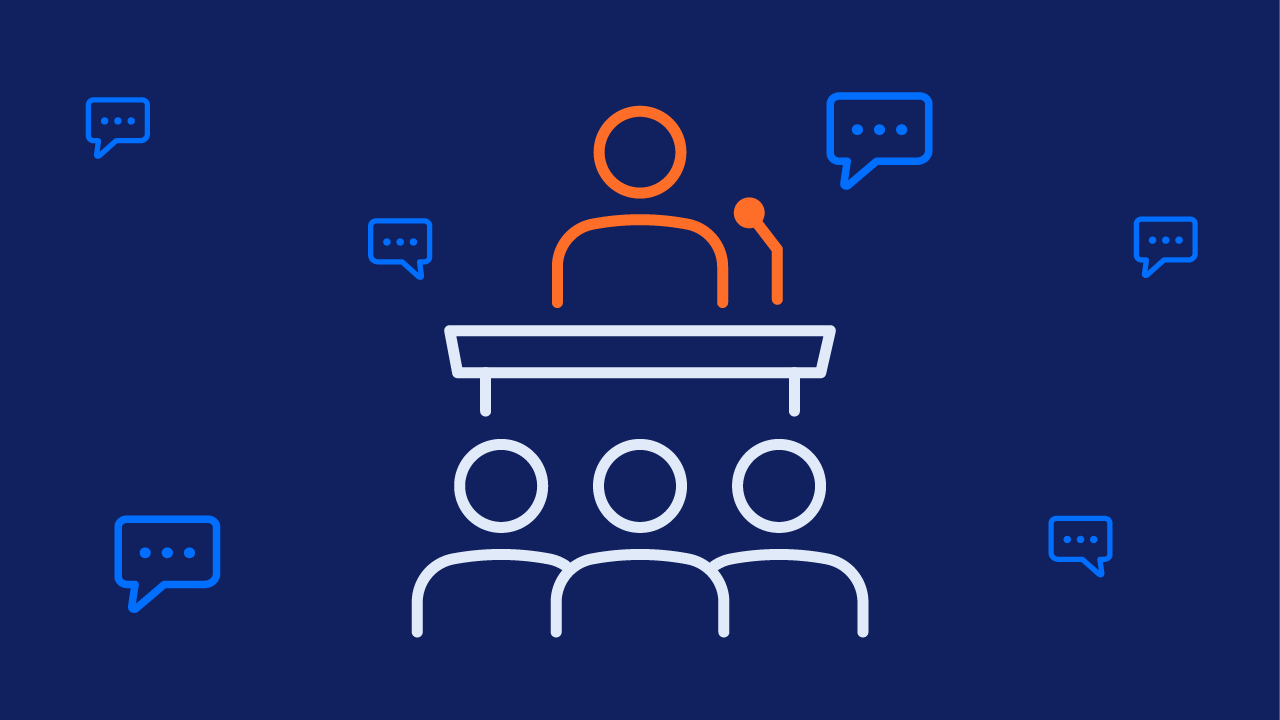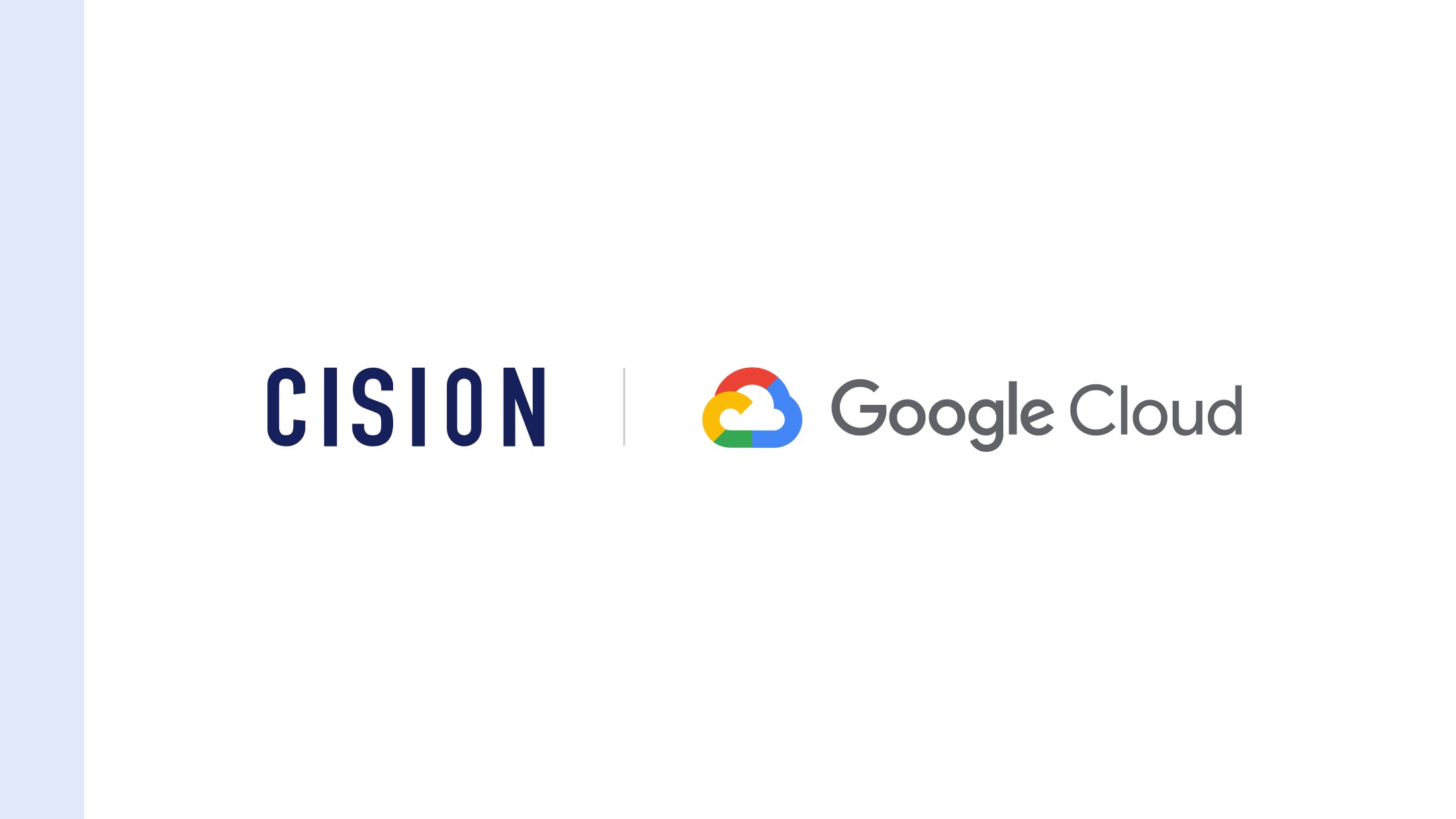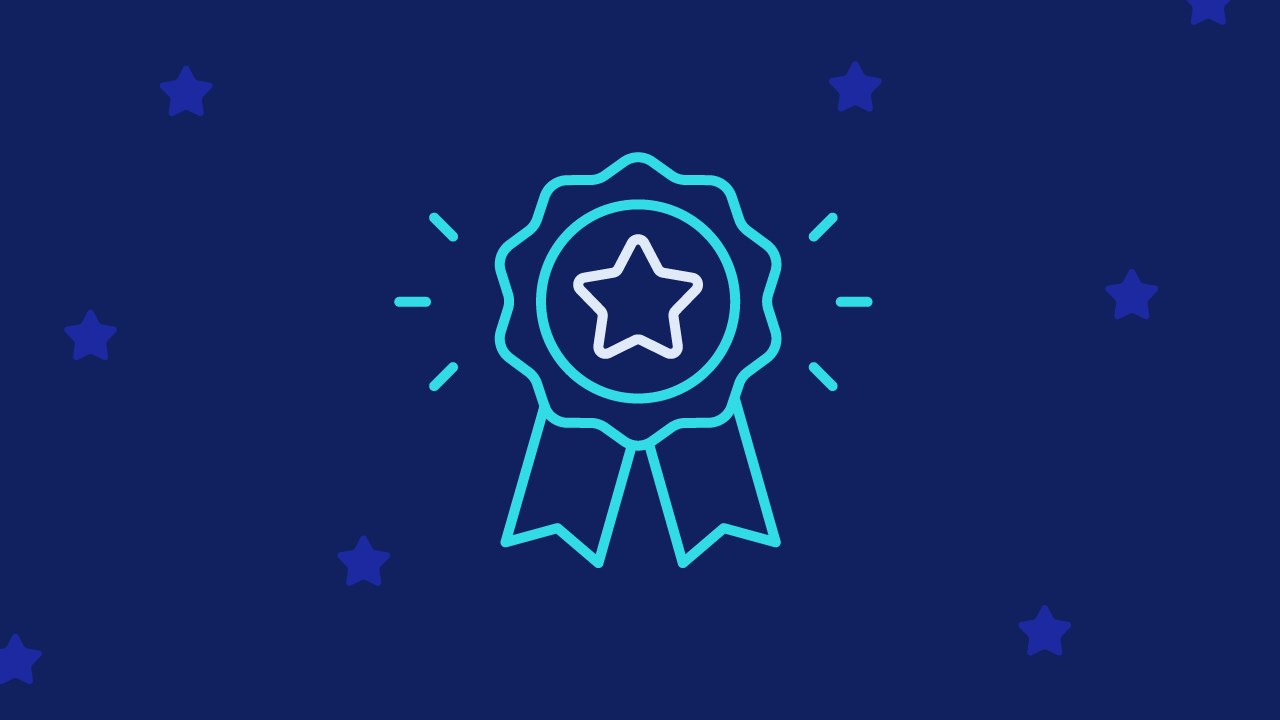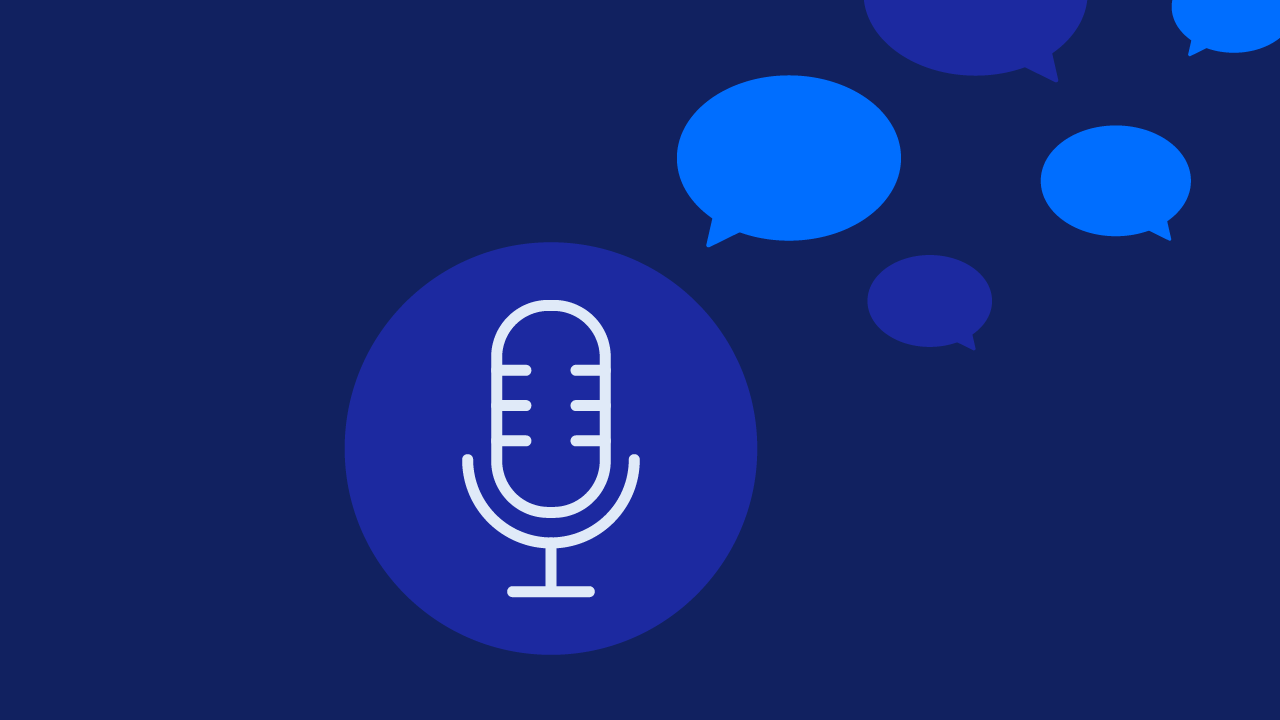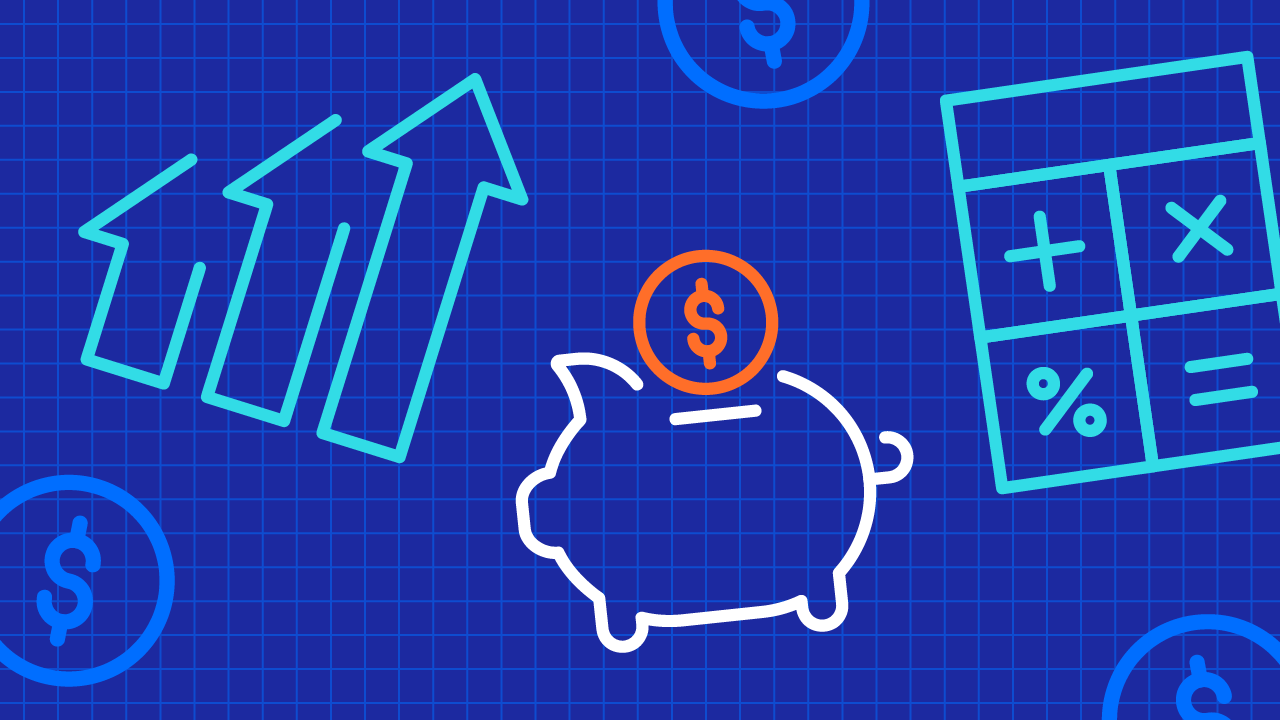Congrats! You’ve decided to start a blog. Maybe (hopefully) you have a topic in mind and are playing around with a few titles. But beyond that, you might be feeling a little overwhelmed or lost.
So before you get much farther into your blogging journey, we want to help you think through a few things. These are the same questions we asked ourselves when we decided to start our media-focused blog in 2014. Our team sat down to hash out the who, what, when, where, why, and how of Beyond Bylines. Then we hashed it out again…and again.
Did we have everything figured out before this blog went live? Of course not.
There will always be growing pains for a new blog, and you’ll probably change many things in the days (and months and years) after launch. But whether you’re starting a blog for personal or professional reasons, asking and answering these seven questions will help set you up for success.
1. Why start a blog?
More than any other question on this list, why you want to start a blog is the most essential.
- If it’s a personal blog: Are you doing it because you have something to say but don’t have a place to say it? Do you want to hone your writing skills? Do you like the networking that blogging provides and want to meet new people? Will it be a hobby or are you looking to make a living from the blog?
- If your organization wants to start a blog: Are you doing it just because everyone else in your industry has a blog? Or do you see value in blogging for lead generation and promoting yourself as a thought leader?
Bottom line: You need a reason beyond "everyone is doing it."
Once you start thinking about this question, you may even come up with multiple answers. Keep these reasons in mind as you walk through the following questions.
2. What are you passionate about?
When you first start your blog, the freshness of blogging will likely keep you posting for a month or two. If you plan on blogging beyond that, it helps to write about a topic that interests you.
Try to figure out what topic(s) you are passionate about and why. It’s easier to come up with blog post ideas around something you know, care about or want to learn more about.
Depending on your industry and audience, it may be appropriate for you to write about multiple topics. For instance, if you’re starting a personal lifestyle blog, you may write about travel, fashion, food, and parenting – four topics that are important to your personal lifestyle.
On the other hand, if you’re starting a professional blog, it’s important to consider what you (and your customers) care about.
3. How will you measure success?
It’s easy to get caught up in other people's expectations of what a successful blog looks like. Instead of fixating on the impossible ideal of being “the best,” focus your attention on realistic, tangible goals.
For example, success for you could mean:
- Reaching a certain number of page views or social media followers
- Driving traffic to a website or product that the blog supports
- Getting the opportunity to do product reviews or become a brand ambassador
- Being recognized as a thought leader in your niche and being invited to industry or blogger events
Over time, your idea of success is going to change. Your initial goals should be realistic. Once you’ve attained them, set a higher target or consider what other things you want to accomplish with your blog.
4. Who and where is your audience?
You might have a specific audience in mind when you start out. But it’s important to also consider who else could potentially find your posts via search engines and social media. This can help you figure out how to promote your blog to these audiences much sooner.
As you develop your blog, you might notice that most of your traffic is coming from an audience you hadn’t planned for. If you want to start writing content for this new audience, it can be helpful to re-focus your efforts and explore the hashtags, online communities, and topics this group of readers cares about.
From there, you might switch gears to focus solely on this new audience, retool your posts to target your original target audience, or create content that appeals to both if they’re equally beneficial to helping you meet your goals.
Thinking about the interests of your primary and secondary audiences will help you come up with blog post ideas. Plus, knowing where your audience “lives” online (i.e., the social media channels they use most often, the other websites they read, etc.) will help you focus your limited time and resources on the most relevant channels.
5. What makes you unique?
Although there are other bloggers writing about the same topic, your unique perspective is what makes you different. Think about the distinctive opinions, knowledge, and experiences you can bring to your blog. They will help you stand out from the crowd.
6. How much time are you able to dedicate to your blog?
There’s more to blogging than writing a post and hitting publish. From designing the blog and planning editorial content to maintaining the site, promoting posts, and monitoring performance, there’s a lot of behind-the-scenes work.
Be realistic about how much time and energy you can commit to your blog considering other life or work responsibilities. This will help you decide how frequently you want to publish new blog posts and balance the quantity and quality of posts on your blog.
7. What are your writing and technical skill levels?
Be honest with this one. Do you struggle with writing? Do you know how to edit photos or shoot video? Do you know about self-hosting a website or have the time and patience to learn coding?
These questions aren’t meant to discourage you from blogging. There are so many options for blogging platforms and styles that it’s easier than ever to find the perfect fit.
For instance, if you don’t like to write, a vlog or podcast may be the easier — and more enjoyable — route for you. Or try a plug-and-play blogging program if you don’t know how or have time to design a full site.
If you do have the time, we encourage you to look up articles and tutorials to develop your writing and technical skills. Learning along the way is one of the best parts of blogging. If you run into an issue, many platforms like WordPress offer support and forums to help you troubleshoot.


